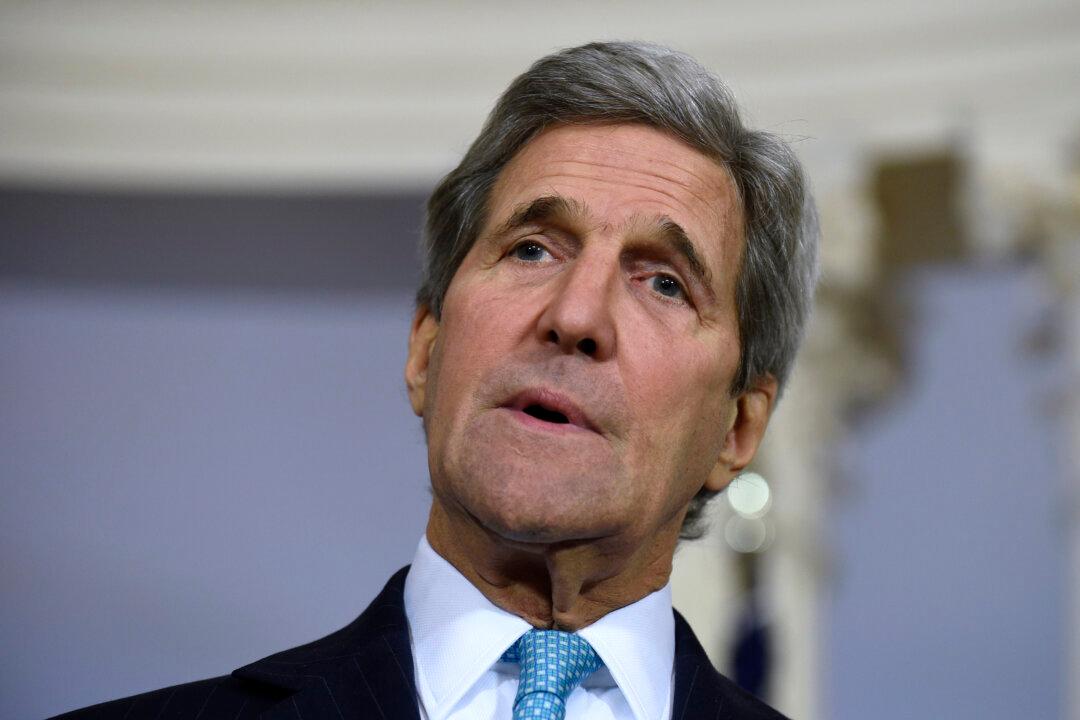GENEVA—U.S. Secretary of State John Kerry has opened a second day of talks in Geneva aimed at finding a way to restore at least a partial truce in Syria amid continuing attacks in Aleppo.
Kerry met on Monday with Saudi Foreign Minister Adel al-Jubeir and planned to meet later with the U.N. envoy for Syria, Staffan de Mistura. Kerry said progress was being made toward an understanding on how to reduce the violence in Aleppo but that more work was needed.
Al-Jubeir called the situation in Aleppo with continued airstrikes an “outrage” and a criminal violation of humanitarian law. He said that Syrian President Bashar Assad would be held accountable for the attacks and would be removed from power either through a political process or by force.
“There is only one side that is flying airplanes, and that is Bashar al-Assad and his allies, so they are responsible for the massacre of women, children, and the elderly,” he said. “They are responsible for the murder of doctors and medical personnel, and this situation, any way you slice it, will not stand. The world is not going to allow them to get away with this.”






